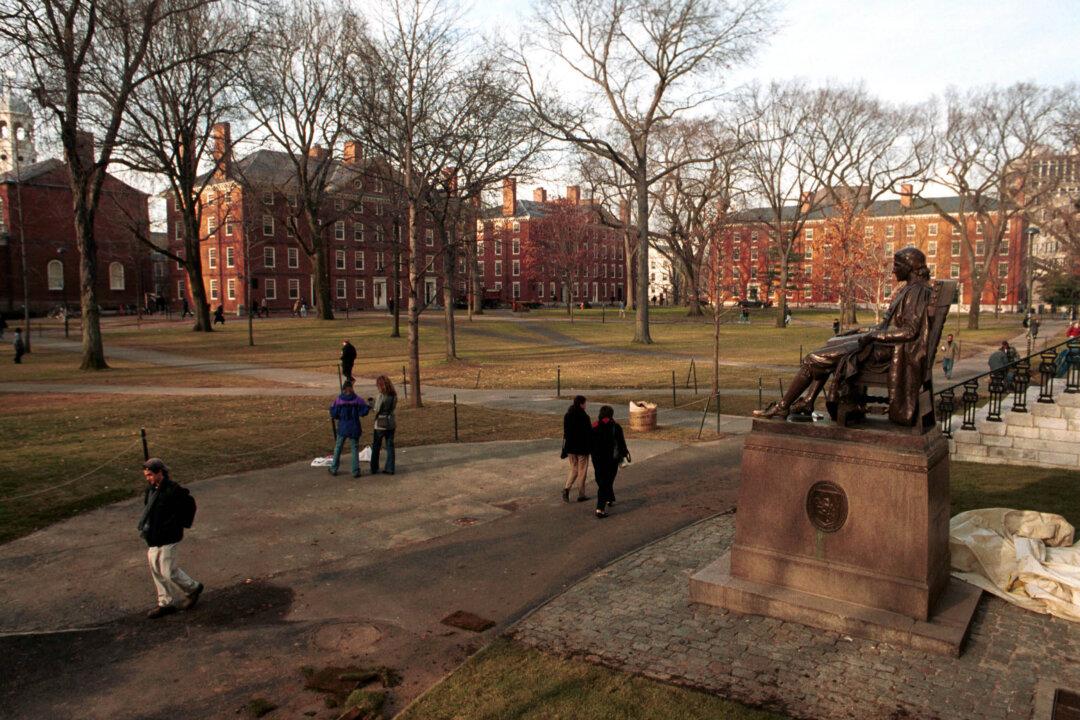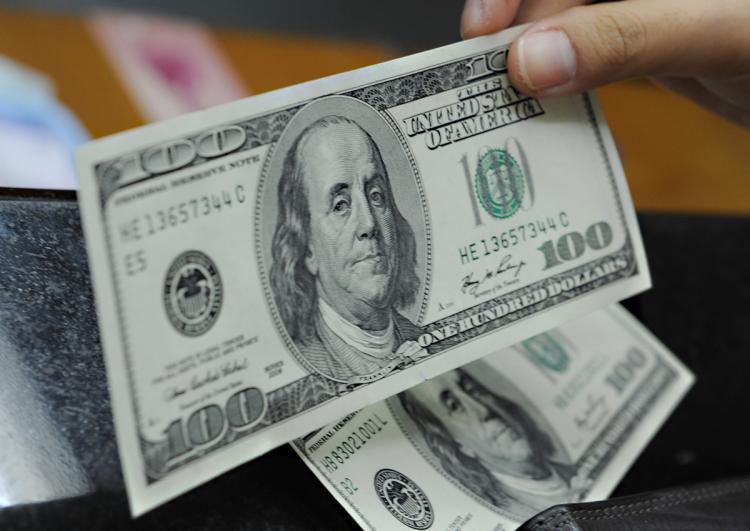A trial is set to start Oct. 15 in a race-discrimination lawsuit brought against Harvard University by the anti-affirmative action advocacy group Students for Fair Admissions (SFFA).
SFFA claims Harvard discriminates against Asian-Americans in its admissions practices, according to a suit brought nearly four years ago. The nearly 400-year-old Ivy League school has repeatedly denied the claim, saying it only considers race to foster diversity.





